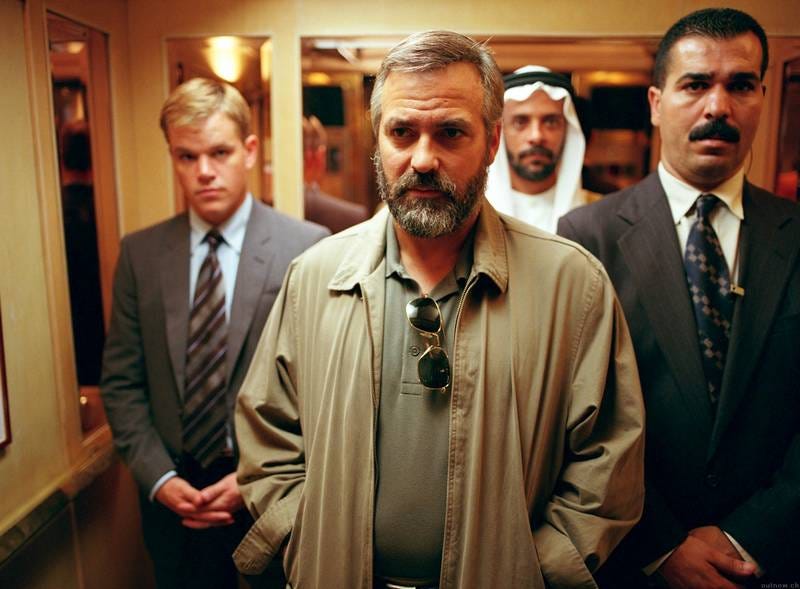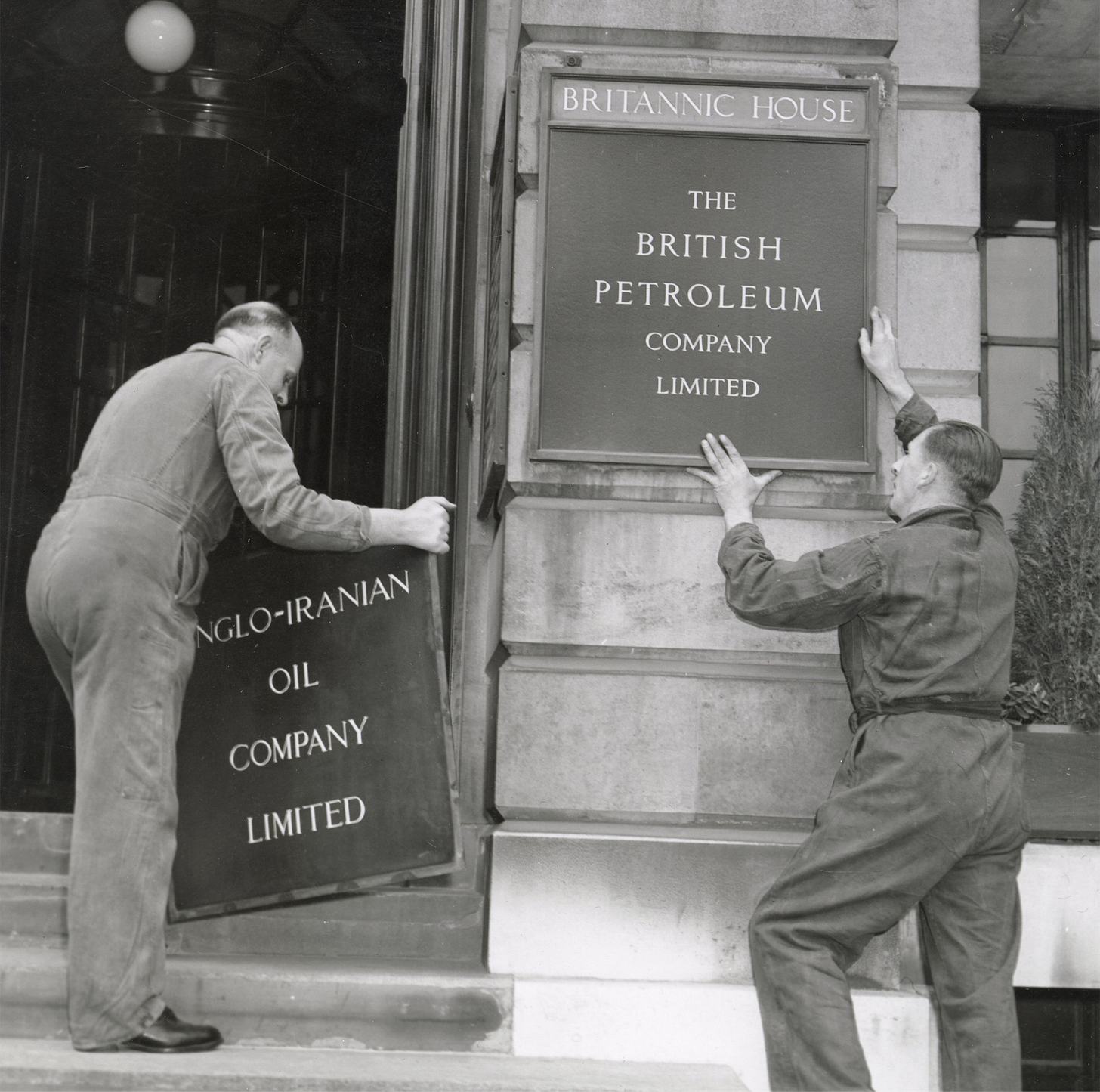Colin Nagy | September 16, 2025
The Syriana Edition
On avoiding easy narratives, asking better questions, and one simply great movie.
Colin here. I recently rewatched Stephen Gaghan's Syriana (for the 20th time), nearly twenty years after its release, and in conversations with WITI editor Louis, we agreed that audiences completely missed the point the first time around.
Back in 2005, critics called it "confusing" and "impenetrable." Audiences complained they couldn't follow the plot. George Clooney, who won an Oscar for it, joked that nobody understood what was happening. But this wasn't a bug. That was the entire point.
Why is this interesting?
Syriana refuses to pander, and I love this about it. There's no exposition dump explaining who works for whom. When CIA case officer Bob Baer stumbles into an armed man offloading a spare missile in a backroom in Tehran, after an arms deal with another counterparty, and stammers "I was looking for the bathroom" in Farsi, you're as disoriented as he is.
Most hit movies give you a hero to root for and a clear enemy to defeat. Syriana gives you systems: oil markets, intelligence agencies, corporate mergers, labor exploitation, all loosely connected, yet all grinding forward with their own blind logic and selfishness. And there are not a lot of happy endings.
Spoilers! The Pakistani migrant workers who lose their refinery jobs don't get a redemption arc. The reformist prince with plans to modernize his country doesn't triumph over the old, US-backed guard. The corporate lawyer tasked with providing legal cover for an oil merger doesn't suddenly develop a conscience.
The film is a steely-eyed look at how power works, and tosses aside our rose-colored glasses – a rarity in studio pictures. It also feels disarmingly real as you’re watching, likely thanks to Gaghan’s serious, in-person research in the region with CIA officers. (While being taken to meet with Hezbollah, he found himself suddenly blindfolded, and thought he was being kidnapped—a similar scene ended up in the film.)
What seemed dense and overwrought in 2005 now reads like a field manual for understanding the current moment, which is part of what makes revisiting it so worthwhile. The film's treatment of Gulf labor practices predates other scandals by fifteen years, and its exploration of regional energy independence anticipates today's BRICS energy strategies and de-dollarization efforts with an accuracy that borders on prophetic, not unlike Soderbergh's Contagion and COVID.
There's a scene where Prince Nasir explains his vision for the future:
"I want to start a new petroleum exchange in the Middle East and cut the major oil companies out of the loop. Why are we dependent on New York and London anyway?"
It's a direct articulation of conversations happening right now in Riyadh, Abu Dhabi, and Beijing. The fictional prince is describing what countries are actually trying to do now: create regional trading systems that bypass traditional Western financial centers.
I love that Syriana refused the comforts of traditional storytelling: no speech that ties everything together, no moment of cathartic justice, no clear winners or losers, just people trapped in systems bigger than themselves. The film understood something important (and went over Hollywood’s head): global systems are too complex for individual heroes to solve and too interconnected for simple narratives to capture.
While other films from 2005 feel dated and naive, Syriana feels uncomfortably current—not because it predicted specific events, but because it captured the underlying structures that create those events.
The best art doesn't give you answers so much as it teaches you how to ask better questions, and Syriana remains a masterclass in interrogation about how the world actually works. (CJN)

